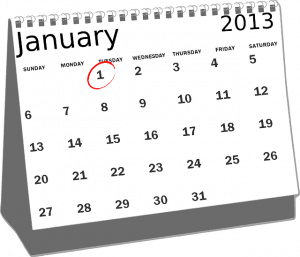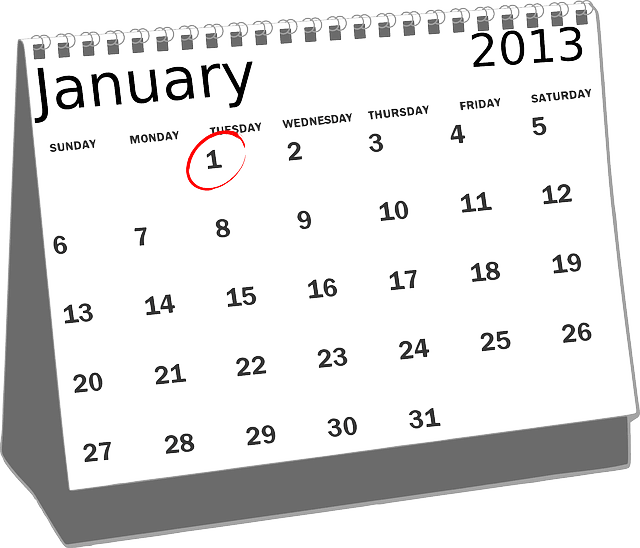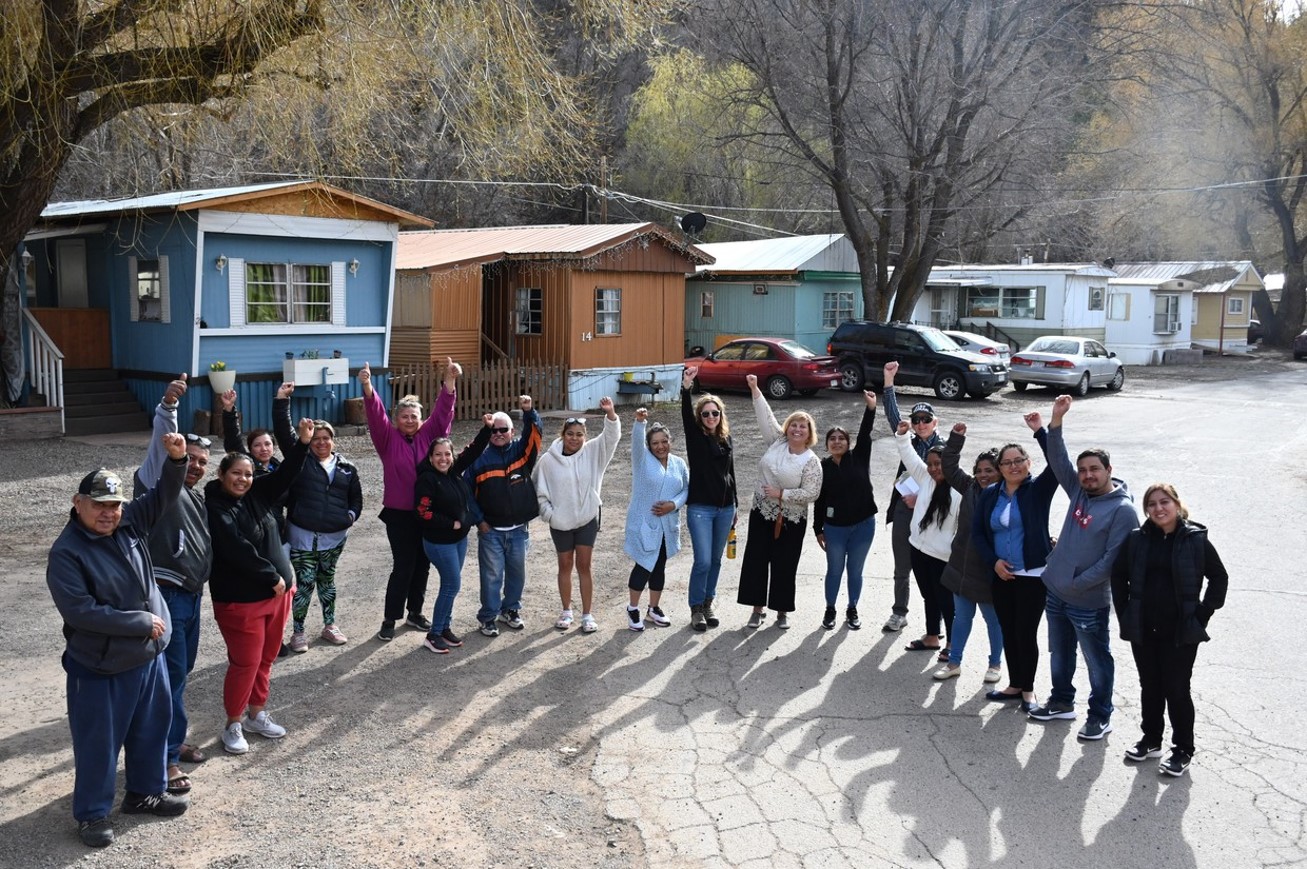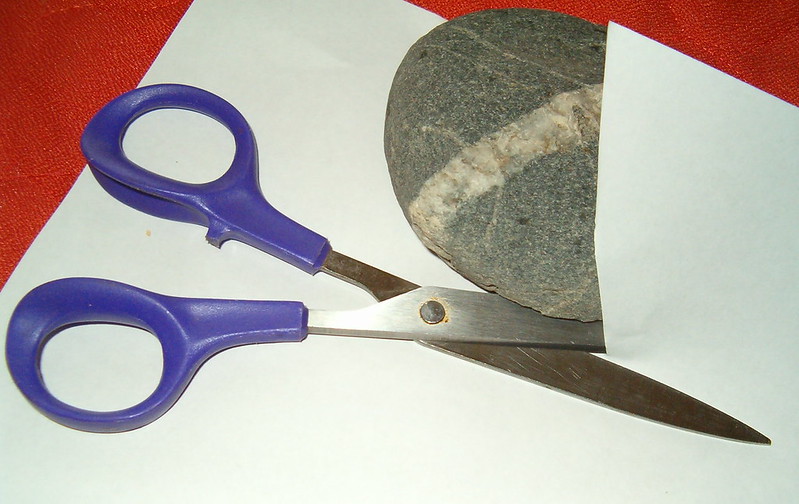
Image by Clker-Free-Vector-Images from Pixabay
It’s almost New Year’s Day, and that means it’s time for everyone to write down their resolutions for 2013. I’d like to make resolutions to do certain things for the betterment of all our communities. But maybe I should just start with my own community. And, actually, since I’m just one guy, I can’t realistically resolve to do a heck of a lot. All I can do is write a wish list. It’s up to all of us to turn them into feasible resolutions.
So, anyway, here are my New Year’s wishes for communities, especially rural ones:
1. We’ll see a continued increase in the number of people who grow some of their own food, and an increase in the number who make a little money from it.
2. We’ll read a few more stories about individuals, businesses and communities experimenting with home-grown energy sources, such as biodiesel in cars and small-scale wind energy projects. At the same time, we’ll be open-minded about proposals for large-scale energy facilities that take advantage of regionally available energy sources like natural gas, as long as they are designed to be safe for our environment and bring meaningful financial rewards to our communities.
3. We’ll hear about creative proposals to bring broadband Internet service to all of our rural residents, opening up education and business opportunities for people that are still shut out of the digital age.
4. More developers will embrace the concept of mixed-use, mixed-income, pedestrian-friendly housing and commercial projects with strong connectivity, and more local governments will welcome these developments in carefully selected and designed “urban” planning areas.
5. Despite the budget pressure the recession has put on local government, we’ll see continued support for rural transit service providers, for people who depend on it.
6. We’ll see more interest in “tiny” houses that bring opportunities for affordability, and fewer and fewer McMansions. These smaller houses could drive a housing recovery in places where the old exurban housing boom has fallen off a cliff.
7. Our schools will provide more targeted opportunities to learn skills they can put to work at jobs in our own communities, so people don’t have to commute for an hour to work.
8. And, last but certainly not least, we’ll see more recreational trail and sidewalk projects come to fruition, so everyone doesn’t have to risk their life tiptoeing down the side of a highway as they try to get to the store for a quart of milk or to visit a friend.





Comments